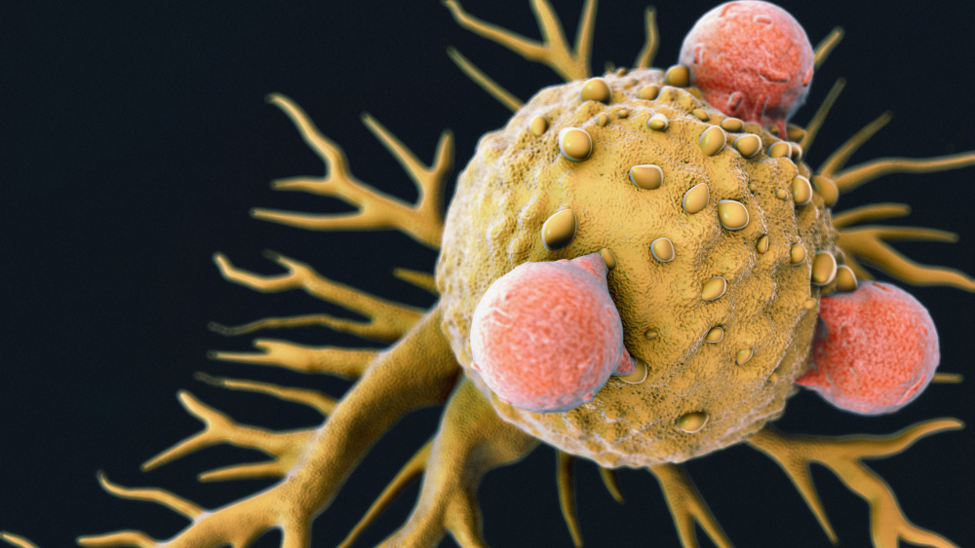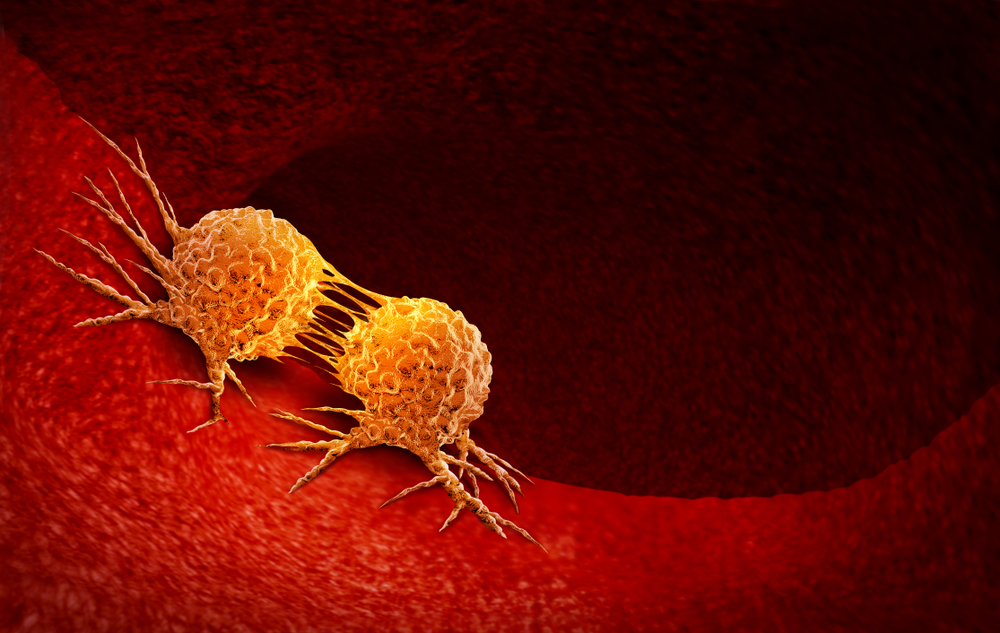The US Food and Drug Administration (FDA) has approved Inqovi, an oral combinatory formulation of decitabine and cedazuridine, for adult patients with myelodysplastic syndrome (MDS) and chronic myelomonocytic leukemia (CMML) that can be taken at home in tablet form.
This is an important advancement in treatment options for MDS patients as they previously had to visit a healthcare center to receive intravenous treatment for the disease. The significance of this is even more pertinent now during the current COVID-19 pandemic as visits to treatment facilities may be limited.
“The FDA remains committed to providing additional treatments to patients during the coronavirus pandemic. In this case, the FDA is making available an oral outpatient treatment option that can reduce the need for frequent visits to health care facilities,” said Richard Pazdur, director of the FDA’s Oncology Center of Excellence and acting director of the Office of Oncologic Diseases in the FDA’s Center for Drug Evaluation and Research, in a press release from the agency. “At this critical time, we continue to focus on providing options to patients with cancer, including regimens that can be taken at home.”
MDS is a form of blood cancer in which the bone marrow fails to produce enough functional blood cells; as such, the disease is often referred to as a ‘bone marrow failure disorder.’ CMML is sometimes classified as a type of MDS, depending on its molecular features. As a result of acquired mutations, blood cell precursors become arrested in development – these immature cells then go on to proliferate, accumulate and interfere with the production of normal blood cells.
Inqovi is taken as a tablet orally once daily for five consecutive days in a 28-day treatment cycle.
The FDA approval was granted to Astex Pharmaceuticals, Inc., a subsidiary of Otsuka Pharmaceutical Co. Ltd.
Related: Venetoclax Combination Treatment Improves Overall Survival in Acute Myeloid Leukemia
The approval was based on two open-label, randomized, crossover clinical trials, which demonstrated that the oral decitabine-cedazuridine therapy can achieve drug concentrations similar to intravenous (IV) decitabine.
The two trials, ASTX727-01-B and ASTX727-02, included 80 and 133 adult patients, respectively, with MDS or CMML. In both trials, patients were randomly assigned to receive 35 mg of decitabine and 100 mg of cedazuridine orally in the first cycle, and 20 mg/m2 decitabine intravenously in cycle two, or the reverse sequence.
Both oral decitabine-cedazuridine and IV decitabine were administered once daily on days one through five of a 28-day cycle. Beginning in cycle three, all patients received decitabine-cedazuridine orally (according to the same 28-day cycle treatment regimen) until disease progression or unacceptable toxicity.
The 01-B trial demonstrated a complete response (CR) rate of 18 percent with the median duration of CR being 8.7 months. The 02 trial’s efficacy results showed that 21 percent of patients achieved a CR with a median CR duration of 7.5 months.
Additionally, approximately 50 percent of patients across both trials who were previously dependent on red blood cell or platelet transfusions no longer required them over an eight-week period.
Inqovi received Orphan Drug designation, which provides incentives to assist and encourage the development of drugs for rare diseases, according to the FDA. The FDA granted the application Priority Review. The review also used the Oncology Center of Excellence Assessment Aid and the Office of Pharmaceutical Quality’s Assessment Aid, which are voluntary submissions from the applicant to facilitate the FDA’s review.
The FDA collaborated with international agency counterparts on the review of the application as part of Project Orbis, which is an initiative of the FDA Oncology Center of Excellence (OCE) that provides a framework for the simultaneous submission and review of oncology products among international partners. This helps cancer patients receive earlier access to treatments (irrespective of whether they have received FDA approval) in other countries where there may be delays in regulatory submissions.












Join or login to leave a comment
JOIN LOGIN